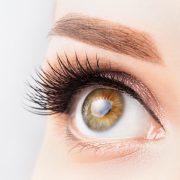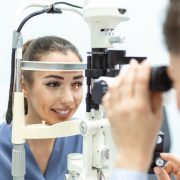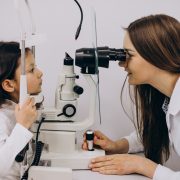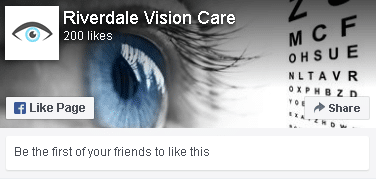Why You Should Never Wear Someone Else’s Prescription Eyeglasses
Do you remember when you were a child and you tried on your parents’ glasses just for fun? It probably made your parents laugh and made for a good time. It was also probably weird to see how distorted the world was through the lenses, and might even made your eyes or your head hurt a little. But as an adult, this is something that you should never do, because there are reasons why each individual has a unique prescription for eyeglasses in Riverdale, NJ.
Improper Vision Correction
It may be tempting to wear your spouse’s glasses to read a book or a recipe, since their prescription may be quite near to your own. But using eyeglasses that aren’t suited to your vision correction needs can easily lead to eye strain. Your eyes might attempt to compensate for the incorrect prescription, which can strain the eye muscles.
Potential for Long-Term Damage
Look, you aren’t going to go blind just because you try on someone else’s glasses. But there is some potential to cause long-term damage if you’re just casually wearing glasses that haven’t been prescribed for you, if you do it for a long time. And if you have astigmatism, it’s especially dangerous, so you should really avoid doing it at all cost. If you find that your vision is getting worse, visit your Riverdale, NJ optometrist for help.
Interference with Vision Development
Be sure to tell kids not to swap glasses with classmates at school, even though it might seem fun. For children and teenagers, whose eyes are still developing, wearing glasses with the wrong prescription can interfere with their visual development.
Impact on Posture and Balance
Even slight changes in prescription can affect your posture and balance, which is why you’re urged to get a new prescription anytime the old one isn’t working as it should anymore. Wearing glasses that aren’t fitted to your needs can physically cause you to alter your posture to see better, potentially leading to neck or back pain.
It’s important to remember that prescription glasses are designed for individual use based on specific criteria. If you find yourself curious about your vision or think you might need glasses, the best course of action is to schedule an eye exam in Riverdale, NJ with your optometrist.












